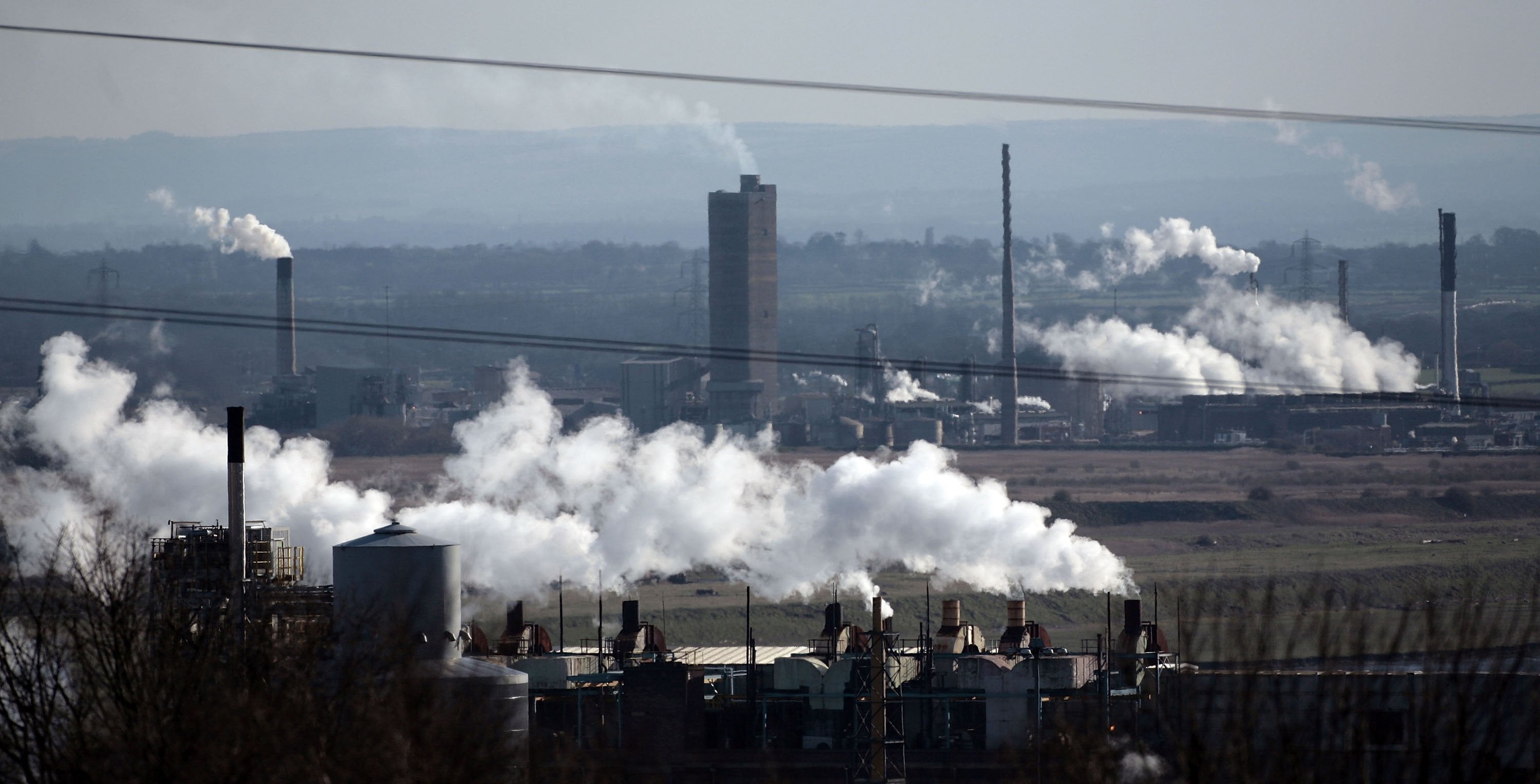Government warned of ‘serious weakness’ in net zero council work
‘There are serious weaknesses in government’s approach to working with local authorities on net zero, stemming from a lack of clarity over roles and responsibilities and piecemeal funding’

The government has been warned of “serious weaknesses” in its approach to working with English local authorities on slashing climate emissions to net zero.
Central government has not provided councils with clarity about their roles in meeting the legal goal of 100 per cent emissions reductions by 2050 and funding for their climate work is piecemeal, the National Audit Office (NAO) said.
While government work on improving its approach to local climate action has been understandably slowed by the pandemic, there is now great urgency to make progress, the NAO’s head Gareth Davies urged.
A target to cut greenhouse gases to zero overall, or net zero - which requires reducing pollution as close to zero as possible and offsetting any that remains from hard-to-tackle sectors such as aviation by measures to absorb carbon, including planting trees - was set in law for the UK in 2019.
Local authorities provide a range of services that have an impact on the target, such as transport planning, social housing, and recycling and waste services, a report from the NAO said.
More than nine in 10 English councils (91 per cent) have adopted at least one commitment to cut carbon in their activities or local area, and more than a third (38 per cent) of single and upper tier authorities have committed to decarbonise their area by or before 2030.
But central government has not yet developed overall expectations on their role in achieving the national net zero target, and while funding has grown significantly, it remains fragmented, the NAO said.
Neither the Ministry of Housing, Communities and Local Government (MHCLG) nor the Treasury has assessed the total funding available to local authorities for net zero, or whether the balance of different types of funds is likely to be effective.
Councils can use core funding from MHCLG, bid for grant funding, or access wider funding targeting wider social or economic growth, while they will also soon be able to borrow money from the UK Infrastructure Bank.
Grant funding for net zero activities by local authorities increased from £74 million in 2019-2020 to an estimated £1.2 billion in 2020-21.
But analysis of 21 grant schemes available to councils for net zero work shows they have received very different amounts from these funds, with 17 areas receiving £20 million or more each, while 37 received less than £2 million each.
Per person, 14 local authorities received £50 or more, while 67 received less than £12.50, the report said.
Mr Davies said: “There are serious weaknesses in government’s approach to working with local authorities on net zero, stemming from a lack of clarity over roles and responsibilities and piecemeal funding.
“This hampers local authorities’ ability to plan effectively for the long term, build skills and capacity, and prioritise effort.
“Government’s efforts to improve its approach to local action on net zero have been understandably slowed by the Covid-19 pandemic. However, there is now great urgency to make progress.”
PA
Subscribe to Independent Premium to bookmark this article
Want to bookmark your favourite articles and stories to read or reference later? Start your Independent Premium subscription today.

Join our commenting forum
Join thought-provoking conversations, follow other Independent readers and see their replies